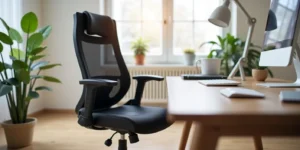Discover Sleep Aids: Your Guide to a Restful Night’s Sleep
| Type of Sleep Aid | Benefits | Considerations |
|---|---|---|
| Melatonin supplements | Natural hormone regulation | Minimal side effects |
| Prescription medications | Strong effectiveness | Potential for dependency |
| Herbal remedies | Natural alternatives | Varying effectiveness |
When it comes to achieving a good night’s sleep, various sleep aids can be your ticket to dreamland. Let’s explore the options:
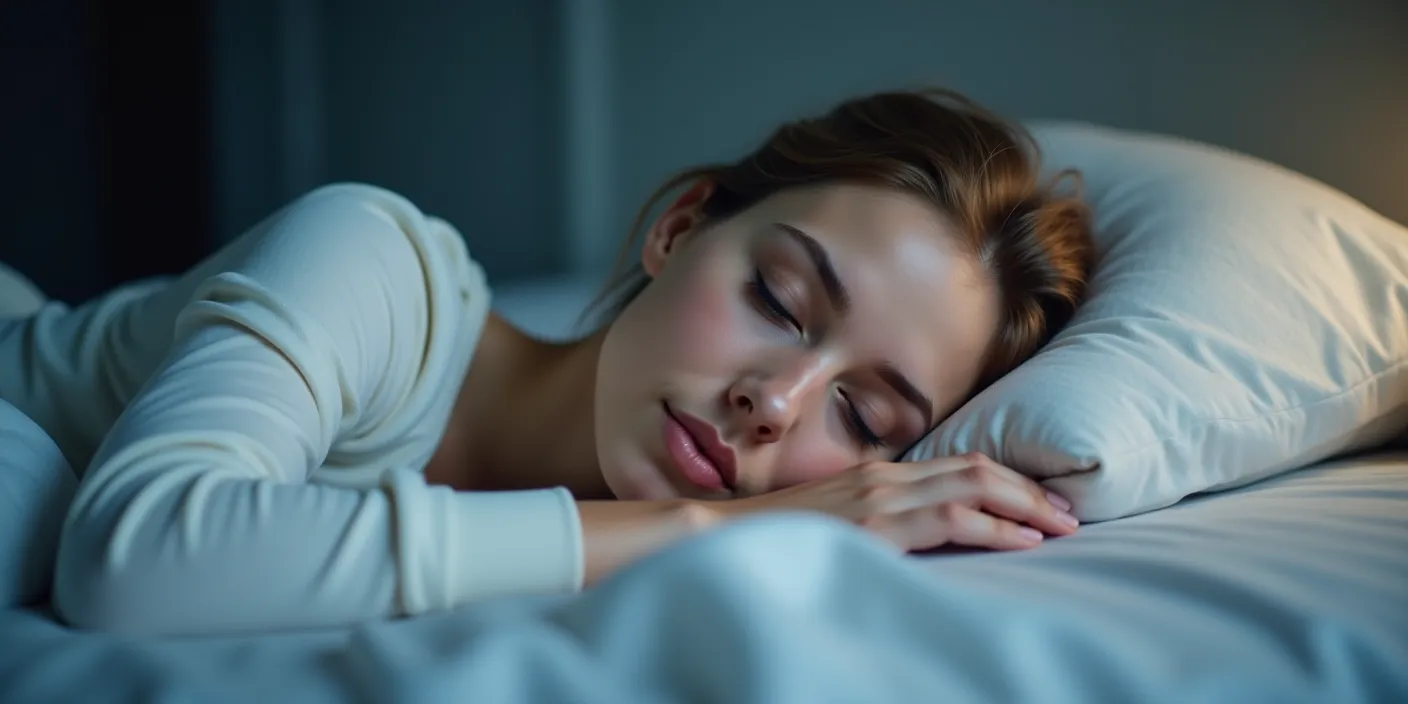
#SleepAids, #HealthProducts, #Wellness
- Over-the-counter sleep medications
- Prescription sleep drugs
- Natural sleep supplements
- Sleep-inducing devices
“Sleep is the golden chain that ties health and our bodies together.” – Thomas Dekker
According to the National Sleep Foundation, 30% of adults report using some form of sleep aid to combat insomnia.
FAQ: Common Questions About Sleep Aids
Q: Are sleep aids safe for long-term use?
A: While some sleep aids are safe for short-term use, long-term usage should be discussed with a healthcare provider.
Q: Can I become dependent on sleep aids?
A: Some prescription sleep medications can lead to dependency if used incorrectly. Natural alternatives like melatonin have a lower risk.
Q: How quickly do sleep aids work?
A: The effectiveness varies. Some work within 30 minutes, while others may take longer to induce sleep.
5 Tips for Using Sleep Aids Effectively
- Start with the lowest recommended dose
- Avoid mixing sleep aids with alcohol
- Create a consistent bedtime routine
- Use sleep aids in conjunction with good sleep hygiene
- Consult a doctor if sleep problems persist
A study published in the Journal of Clinical Sleep Medicine found that cognitive behavioral therapy, combined with sleep aids, improved sleep quality in 85% of participants.
Natural Sleep Aids: A Closer Look
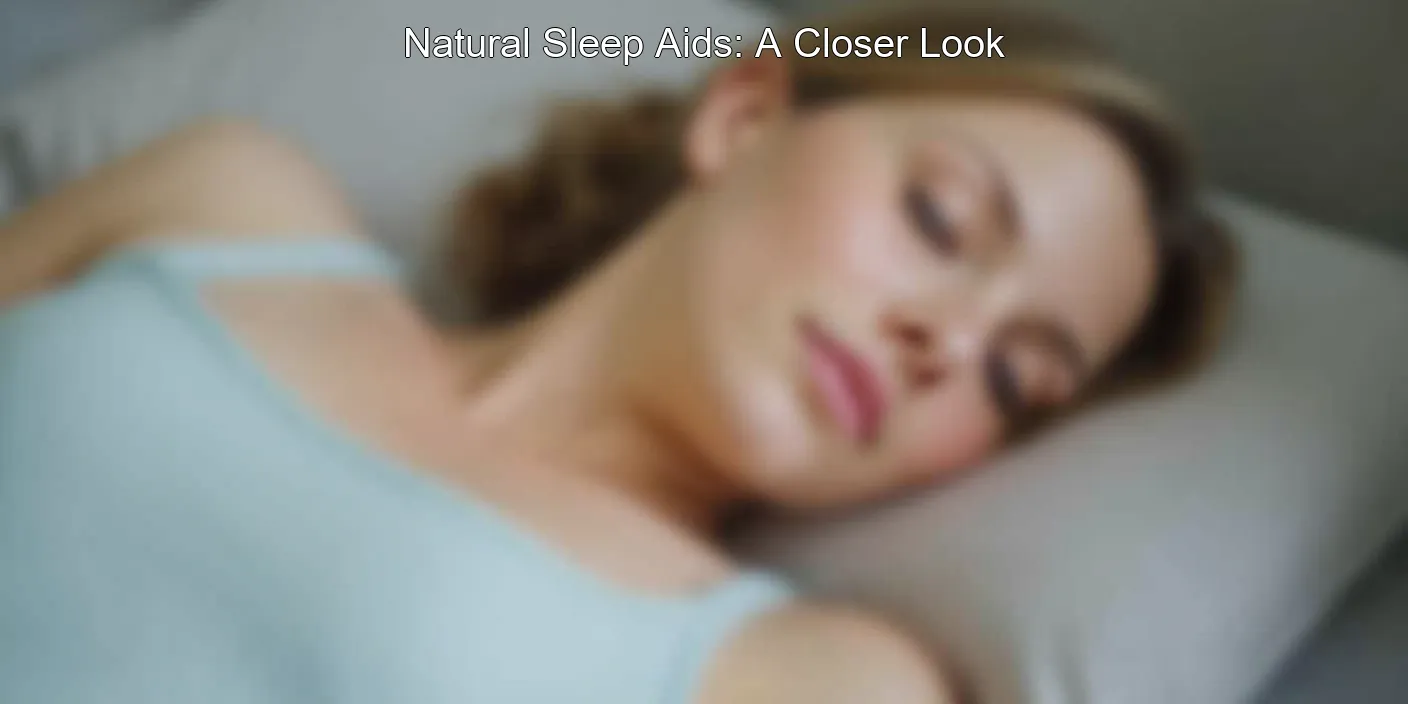
| Natural Aid | How It Works | Recommended Dosage |
|---|---|---|
| Chamomile tea | Calming effects | 1-2 cups before bed |
| Lavender | Aromatherapy | Few drops on pillow |
| Valerian root | Sedative properties | 400-900mg before bed |
Natural sleep aids offer a gentler approach to improving sleep quality. Here are some popular options:
“Natural Sleep Aids: Gentle Solutions for Better Rest”
- Melatonin supplements
- Magnesium
- Passionflower
- Glycine
“The best bridge between despair and hope is a good night’s sleep.” – E. Joseph Cossman
A survey by the National Center for Complementary and Integrative Health found that 17.7% of adults use natural products to aid sleep.
FAQ: Natural Sleep Aids
Q: Are natural sleep aids as effective as prescription medications?
A: While natural aids can be effective for mild sleep issues, severe insomnia may require prescription options.
Q: Can I take multiple natural sleep aids together?
A: It’s best to consult with a healthcare provider before combining different sleep aids.
Q: How long does it take for natural sleep aids to work?
A: Effects can vary, but many people report improvements within a week of consistent use.
Best Practices for Using Natural Sleep Aids
- Maintain a consistent sleep schedule
- Create a relaxing bedtime routine
- Limit screen time before bed
- Ensure your bedroom is dark and cool
- Avoid caffeine and heavy meals close to bedtime
Research published in the Journal of Alternative and Complementary Medicine suggests that regular use of lavender aromatherapy can improve sleep quality by up to 60%.
When exploring sleep aids, it’s crucial to consider both effectiveness and safety. For tech-savvy individuals, Tech Gadgets like sleep tracking devices can provide valuable insights into your sleep patterns. If you’re looking for sleep-friendly Home Appliances, consider investing in a white noise machine or a humidifier. For those prioritizing overall wellness, Health Products such as weighted blankets or ergonomic pillows can significantly enhance sleep quality. Lastly, for budget-conscious consumers, our Best Value Buys section offers affordable yet effective sleep aid options to help you achieve that perfect night’s rest.
Top Sleep Aids for a Restful Night
| Sleep Aid Type | Effectiveness | Side Effects |
|---|---|---|
| Melatonin Supplements | Moderate | Minimal |
| Herbal Teas | Mild | None |
| White Noise Machines | High | None |
Getting a good night’s sleep is crucial for our overall health and well-being. If you’re struggling with sleep issues, you’re not alone. Let’s explore some of the best sleep aids that can help you drift off to dreamland more easily.
- Melatonin supplements
- Herbal teas (chamomile, valerian root)
- White noise machines
- Blackout curtains
- Aromatherapy diffusers
“Sleep is that golden chain that ties health and our bodies together.” – Thomas Dekker
New Quote: “A good laugh and a long sleep are the best cures in the doctor’s book.” – Irish Proverb
According to the National Sleep Foundation, 35% of adults report sleeping less than 7 hours per night on average. This statistic highlights the importance of finding effective sleep aids to improve our rest quality.
Q: Are sleep aids safe to use long-term?
A: While some natural sleep aids are generally safe for long-term use, it’s best to consult with a healthcare professional for personalized advice.
Q: Can I become dependent on sleep aids?
A: Some sleep aids, particularly prescription medications, can lead to dependency. Natural alternatives like Health Products for sleep often have a lower risk of dependency.
Q: How quickly do sleep aids typically work?
A: The effectiveness varies. Some aids like melatonin may work within 30 minutes, while others might take longer or require consistent use for best results.
Choosing the Right Sleep Aid for You
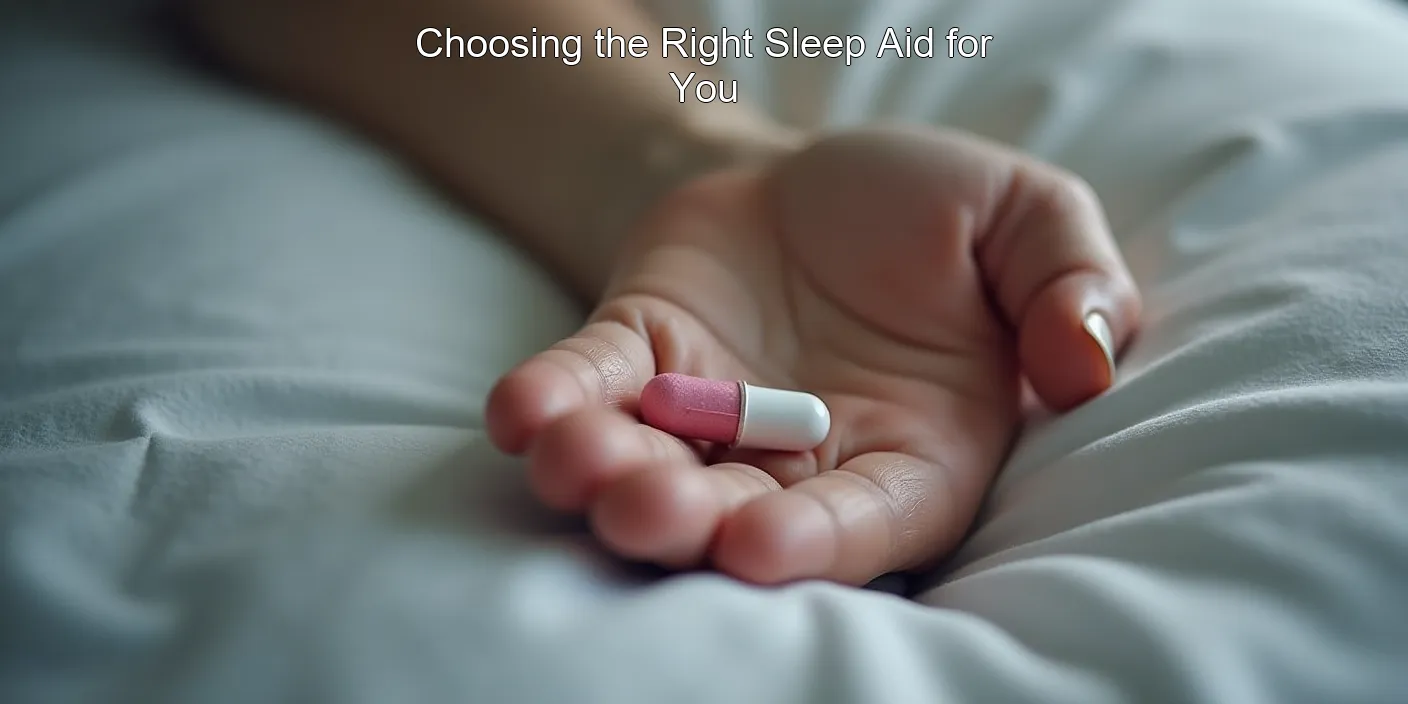
| Sleep Issue | Recommended Aid |
|---|---|
| Difficulty Falling Asleep | Melatonin, Herbal Teas |
| Staying Asleep | White Noise Machine, Blackout Curtains |
| Stress-Related Insomnia | Aromatherapy, Weighted Blankets |
Selecting the right sleep aid depends on your specific needs and preferences. Consider these factors:
“Smart Sleep Aid Choices: Tailored Tips for Better Rest”
- The nature of your sleep issues (falling asleep vs. staying asleep)
- Any underlying health conditions
- Personal preferences (e.g., natural vs. synthetic aids)
- Potential side effects
“Sleep is the golden chain that ties health and our bodies together.” – Thomas Dekker
A study published in the Journal of Clinical Sleep Medicine found that consistent use of white noise machines improved sleep quality in 80% of participants over a 3-month period.
FAQ: More About Sleep Aid Effectiveness
Q: Do sleep aids work for everyone?
A: Sleep aids affect individuals differently. What works for one person may not work for another.
Q: Are there any natural alternatives to sleep medications?
A: Yes, many Best Value Buys include natural sleep aids like herbal teas, essential oils, and supplements that can be effective alternatives.
Q: How can I improve my sleep environment?
A: Creating a dark, quiet, and cool bedroom environment can significantly improve sleep quality. Consider using blackout curtains or a white noise machine.
Tips for Maximizing Sleep Aid Effectiveness
- Establish a consistent sleep schedule
- Create a relaxing bedtime routine
- Limit screen time before bed
- Avoid caffeine and heavy meals close to bedtime
- Exercise regularly, but not too close to bedtime
Incorporating these tips along with your chosen sleep aid can significantly improve your sleep quality. Remember, good sleep hygiene is just as important as the sleep aid itself.
For those interested in Tech Gadgets to enhance sleep, consider smart sleep trackers or light therapy devices. These can provide insights into your sleep patterns and help regulate your circadian rhythm.
Lastly, don’t overlook the importance of your sleep environment. Investing in comfortable bedding and pillows, or even considering Home Appliances like air purifiers or humidifiers, can contribute to a more restful night’s sleep.
Remember, finding the right sleep aid may take some trial and error. Be patient with yourself and consult with a healthcare professional if sleep issues persist. Sweet dreams!
| Type | Benefits | Considerations |
|---|---|---|
| Melatonin | Natural hormone, regulates sleep cycle | Non-habit forming, mild side effects |
| Herbal supplements | Natural ingredients, fewer side effects | Varying effectiveness, may interact with medications |
| Prescription medications | Strong effectiveness for severe insomnia | Potential for dependency, more side effects |
When it comes to getting a good night’s sleep, many people turn to sleep aids for help. Let’s explore the various options available:
- Over-the-counter supplements
- Prescription medications
- Natural remedies
- Sleep-inducing devices
“Sleep is that golden thread that ties health and our bodies together.” – Thomas Dekker
According to the National Sleep Foundation, 30% of adults report short-term insomnia, while 10% suffer from chronic insomnia.
Q: Are sleep aids safe for long-term use?
A: While some natural aids are generally safe, it’s best to consult a doctor for long-term use of any sleep aid.
Q: Can I become dependent on sleep aids?
A: Some prescription sleep medications can be habit-forming. Natural alternatives like melatonin are less likely to cause dependency.
Q: How quickly do sleep aids work?
A: The effectiveness varies. Some work within 30 minutes, while others may take a few days to show results.
Tips for Choosing the Right Sleep Aid
- Consult with a healthcare professional
- Start with natural options first
- Consider your specific sleep issues
- Read reviews and research thoroughly
- Be aware of potential side effects
A study published in the Journal of Clinical Sleep Medicine found that cognitive behavioral therapy for insomnia (CBT-I) was effective in 80% of patients, often outperforming sleep medications in the long run.
Top-Rated Sleep Aids on the Market
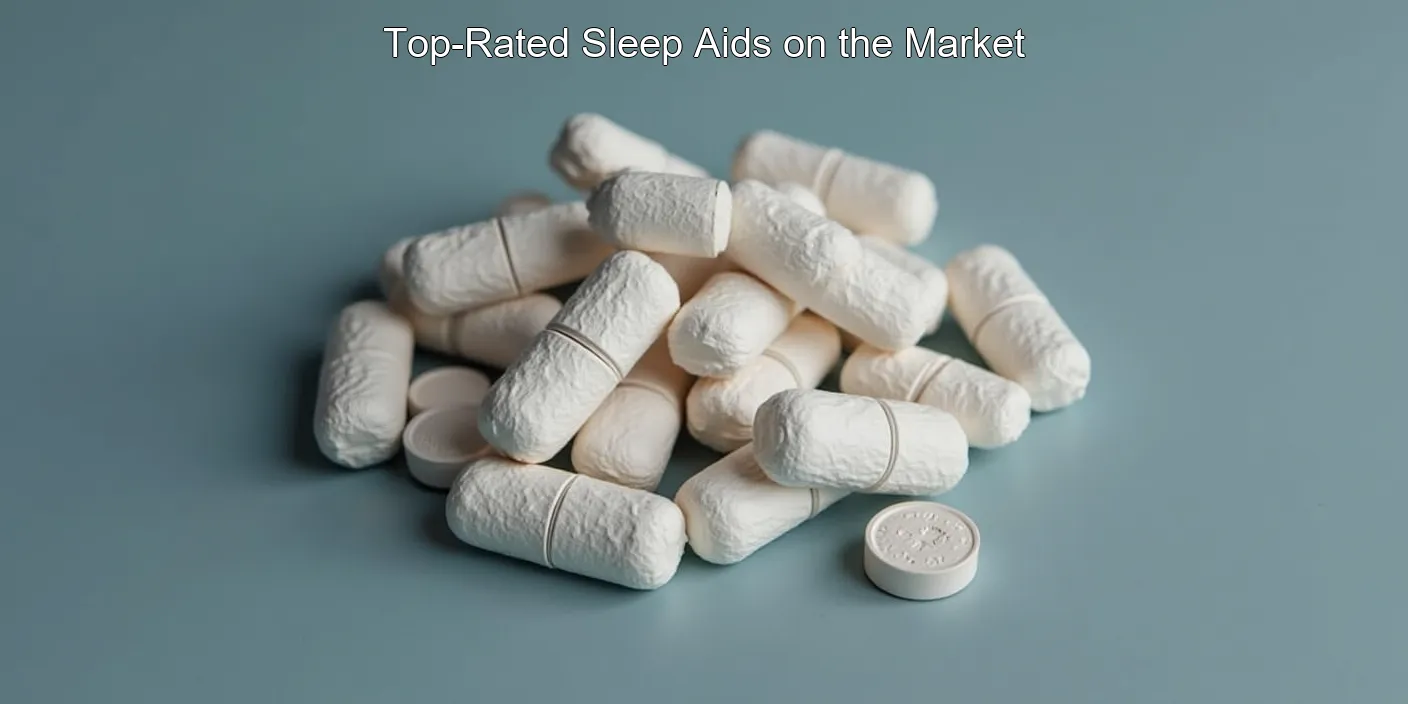
| Product | Type | Key Feature |
|---|---|---|
| Nature Made Melatonin | Supplement | Natural hormone support |
| Valerian Root | Herbal | Promotes relaxation |
| Dodow Sleep Aid Device | Device | Light-based sleep training |
Choosing the right sleep aid can be overwhelming. Here’s a breakdown of some top-rated options:
“Top Sleep Aids: From Melatonin to Chamomile”
- Melatonin supplements
- Herbal teas (chamomile, valerian)
- Essential oils for aromatherapy
- White noise machines
“Sleep is the golden chain that ties health and our bodies together.” – Thomas Dekker
A recent survey by the Sleep Foundation revealed that 65% of Americans believe sleep aids improve their sleep quality.
FAQ: Using Sleep Aids Effectively
Q: When should I take a sleep aid?
A: Most sleep aids should be taken 30-60 minutes before bedtime for optimal effect.
Q: Can I combine different sleep aids?
A: It’s generally not recommended to mix sleep aids without consulting a doctor first.
Q: Are there natural alternatives to sleep aids?
A: Yes, improving sleep hygiene, regular exercise, and relaxation techniques can be effective natural alternatives.
Best Practices for Using Sleep Aids
- Follow dosage instructions carefully
- Create a consistent sleep schedule
- Avoid screens before bedtime
- Combine with good sleep hygiene practices
- Monitor for any adverse effects
The global sleep aids market is expected to reach $101.9 billion by 2026, according to a report by Grand View Research, indicating the growing demand for sleep solutions.
For those interested in exploring more options, check out our Health Products section for a comprehensive look at various sleep aids and wellness products. If you’re looking for cost-effective solutions, our Best Value Buys category offers great deals on sleep-enhancing products.
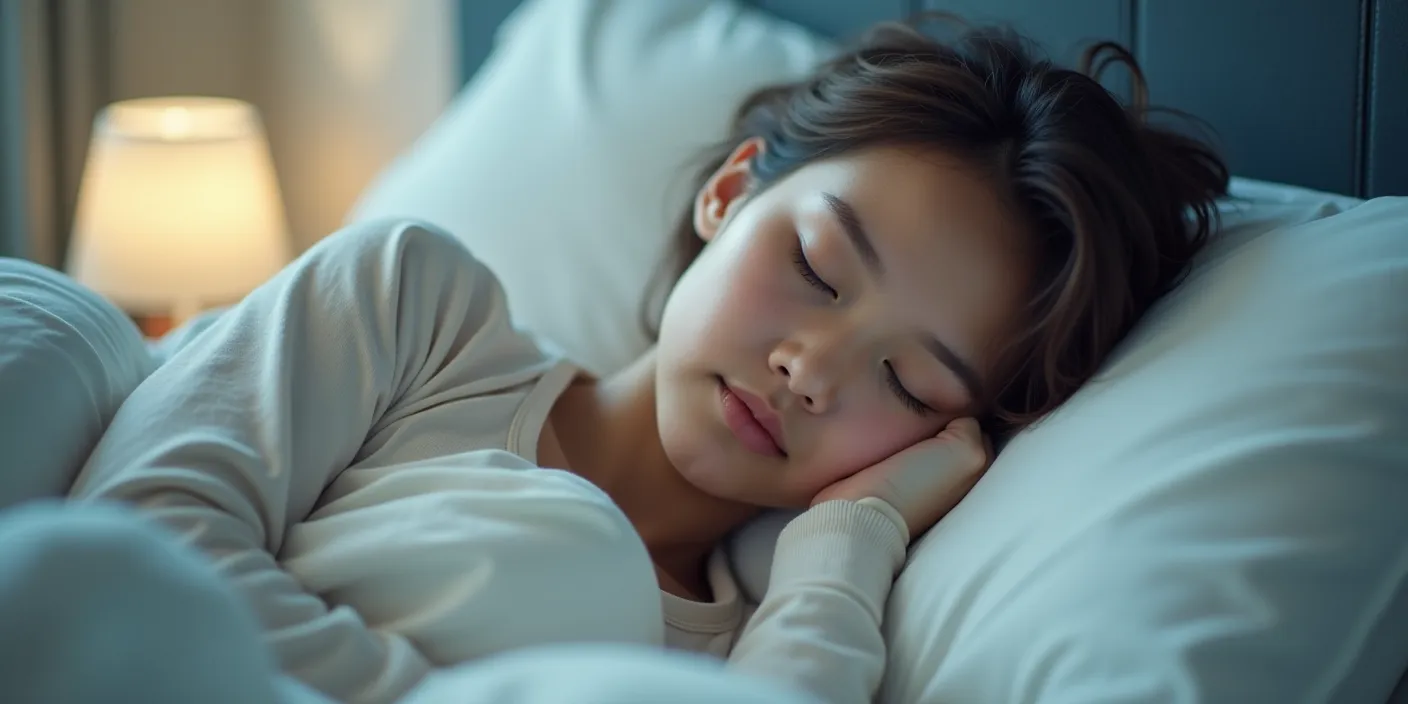
Remember, while sleep aids can be helpful, they’re not a long-term solution for chronic sleep issues. If you’re consistently struggling with sleep, it’s important to consult with a healthcare professional. For tech-savvy sleepers, explore our Tech Gadgets section for innovative sleep tracking devices. And don’t forget to check out our Home Appliances category for items like air purifiers and humidifiers that can create an optimal sleep environment.



